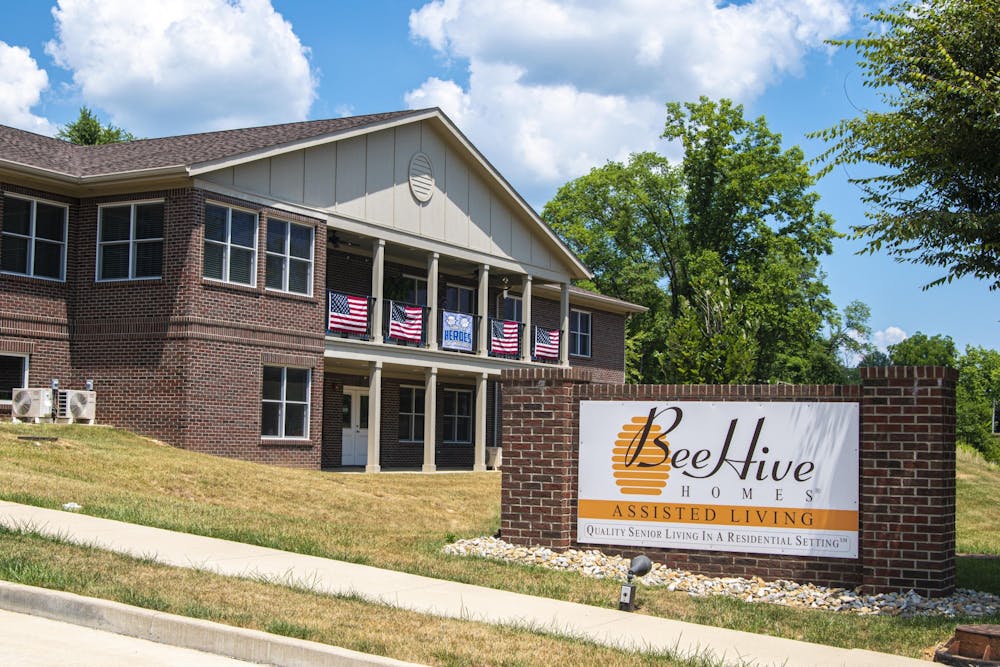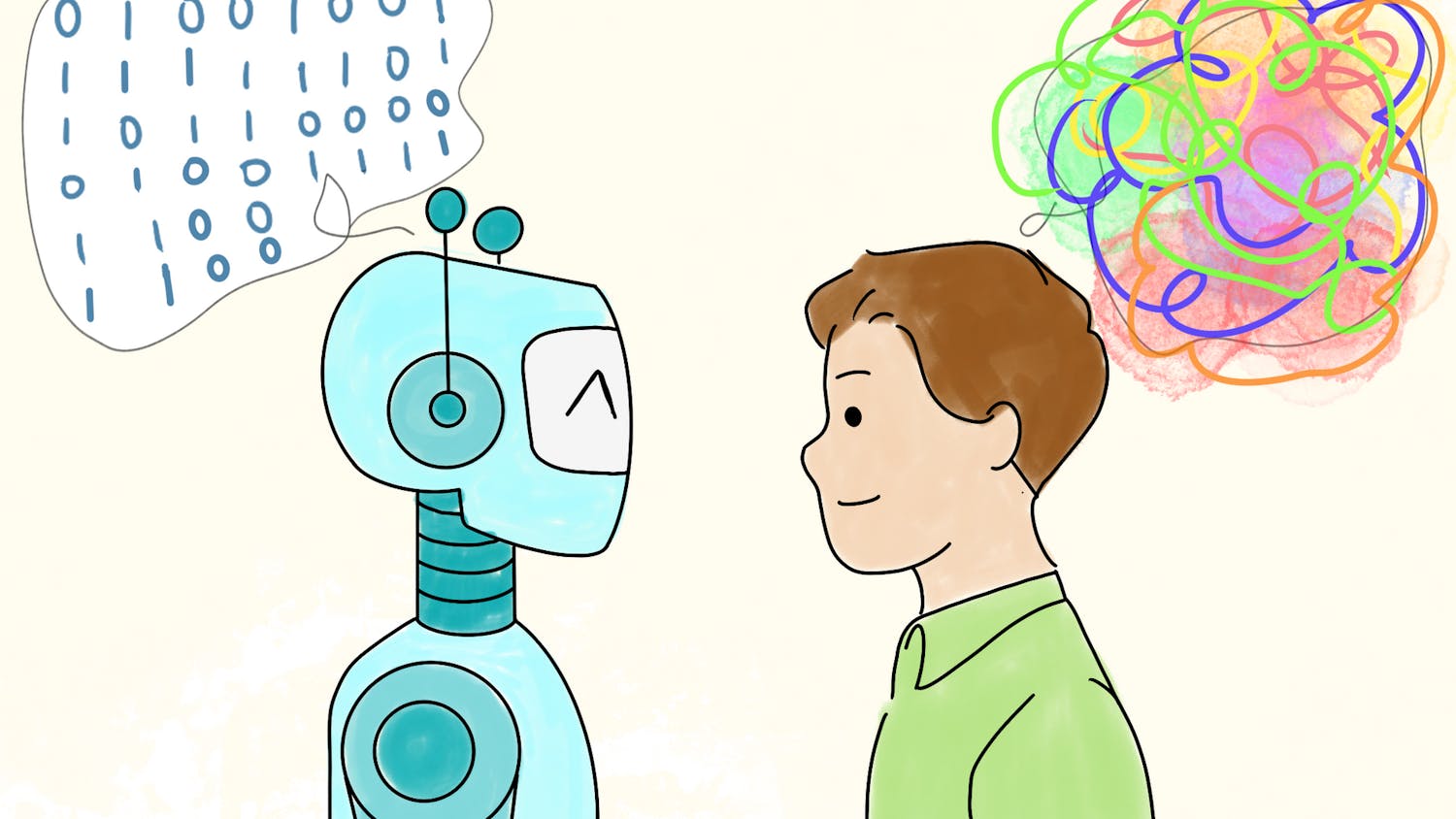Reduced access to health care and adverse effects of social isolation due to the COVID-19 pandemic has likely contributed to an increase in Alzheimer’s- and dementia-related deaths in Indiana and across the U.S. in 2020, according to the Alzheimer’s Association’s 2021 report.
There were about 870 more Alzheimer's- and dementia-related deaths in 2020 than the yearly average in Indiana over the last five years, according to the report. Indiana’s 14% increase in Alzheimer’s and dementia deaths last year falls just under the 16% increase nationwide, the report said.
Although early undiagnosed contraction of COVID-19 may have contributed to the increase, Laura Forbes, communication director at the Alzheimer’s Association Greater Indiana Chapter, said secondary effects of the pandemic, specifically social isolation, played a significant role because decreased social engagement can lead to an acceleration of cognitive decline.
“We talk about the ways that people can reduce their risk of cognitive decline and one of those is social engagement,” Forbes said. “It’s really powerful.”
Besides COVID-19-related barriers to health care, Forbes said existing obstacles, such as stigma surrounding Alzheimer’s and dementia and underdiagnosis, continue to be a problem.
“There’s a lot of stigma about the disease that makes people not want to acknowledge that they’re having signs of symptoms, that alone can be a real barrier,” Forbes said. “Some people really don't realize that there are benefits to receiving a diagnosis.”
Additionally, the report also indicates minority populations feel health care in America is disproportionately favorable to white people. This phenomenon could further shed light on the existing barriers to medical access that these populations face, according to the report.
Sixty-six percent of African Americans believe it is harder for them to get care for Alzheimer’s- and dementia-related health care, according to the report. Additionally, 40% of Native Americans, 39% of Hispanic Americans and 34% of Asian Americans also believe their racial and ethnic identities make it harder to receive appropriate care.
Forbes said the key to addressing this disparity is in increased attention to diversity training.
“We need to prepare the health care workforce to be able to care for racial and ethnic diverse needs,” Forbes said. “We're seeing more of that in medical schools and hospitals, but we need to see that expanded.”
Jyoki Mehta is the owner and manager of BeeHive Homes of Bloomington, an assisted living facility. She said the biggest problem she’s experienced while caring for patients with dementia was helping them understand the severity of the pandemic.
“They just don't understand the enormity and the gravity of this particular virus,” Mehta said. “It's kind of hard for them to understand why people are wearing masks, they just don't know, they just don't understand the rationale or logic behind it.”
Mehta said another added concern was keeping the virus out of the facility since most of the residents do not leave the premises by themselves, which makes social distancing especially important.
“Most of the residents never go out of this place,” Mehta said. “If someone walks into the building sick, that's how it spreads.”






